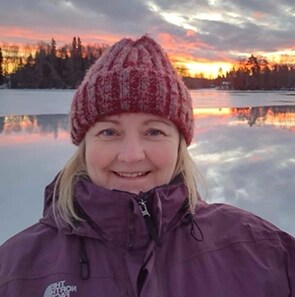Bayer
Global
-
This is Bayer

Bayer is a global enterprise with core competencies in the Life Science fields of health care and agriculture.
- Who We Are
- Profile and Organization
- Procurement
- Corporate Compliance
- Calendar
- Contact Us
-
Health

As a leader in healthcare, Bayer provides innovative solutions designed to prevent, alleviate and treat diseases.
- Health at Bayer
-
Pharmaceuticals
- Transparency
- News & Stories
- Inspired By You
- Treatment Areas
- Innovation & Technologies
- Cell and Gene Therapy
-
Sustainability
- Patient Access Charter
- Leadership Perspective
- Moving Non-Communicable Diseases Care Forward
- Ensuring a Sustainable Product Supply
- Strengthening Healthcare Access
-
Empowering Women, Globally
- Boosting Family Planning Usage through Digital Channels
- Capacity building: Addressing Root Causes through Partnerships
- Impact at Scale: The Challenge Initiative
- Promoting Awareness: World Contraception Day (WCD) & the Your Life Campaign
- Providing Accessible and Affordable Contraceptives
- Enabling Family Planning in Humanitarian Settings
- Fighting Neglected Tropical Diseases
- Delivering Better Cancer Care
- Personal Health
- Report a Side Effect
- Medical Counterfeits
-
Agriculture

Bayer provides tailored solutions for farmers to plant, grow and protect their harvests using less land, water and energy.
- Overview
- Farmer Voice
- Publications
- Innovation
- Regenerative Agriculture
- Advances in Agriculture
- Food Security
- Products
- Transparency
- News & Stories
- Contact Us
-
Products
-
Innovation
-
Sustainability
- At a Glance
- Reporting and Transparency
- ESG Ratings and Rankings
- Environment
- Social
-
Governance
- Sustainability in the Supervisory board
- Bayer Sustainability Council
- Bioethics Council
- UN Global Compact
- Product Stewardship
- Supplier Management
- Group Regulations
-
Group Positions
- BASE
- Bioethical Principles
- Protection of Biodiversity
- Position on Global Product Strategy
- Position on Responsible Care
- Position on Deforestation and Forest Degradation
- Position on Insect Decline
- Raising the Bar on Crop Protection Safety Standards
- UN Sustainable Development Goals
- Position on Sustainable Beef Production
- Media
- Investors
-
Career










